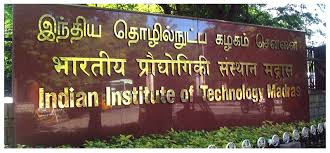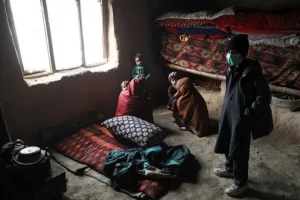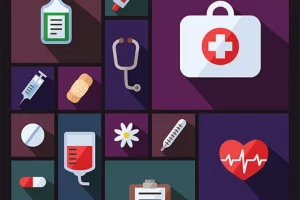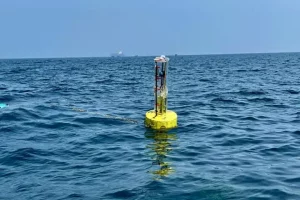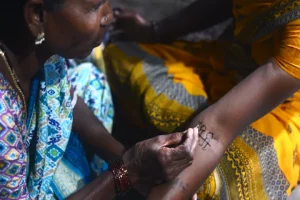Researchers at the Indian Institute of Technology (IIT) Madras have developed a solar-thermal steam-based system that can help sterilise medical equipment in remote and rural areas, where access to electricity and water could be an issue.
The project, funded by the Department of Science and Technology, uses portable steam cylinders charged by renewable energy-based stations (like solar energy) that are placed strategically in rural areas for power generation, steam generation and other uses.
The team also designed special sterilisation chambers to utilise such portably stored steam and effectively sterilise the tools.
“A portable steam storage canister can be a great contribution by facilitating minor medical interventions in the developing world by sterilising surgical instruments and combating infections in rural areas,” said Prof. Sathyan Subbiah, Department of Mechanical Engineering, IIT Madras, in a statement.
“The portable canister is developed with multi-layer insulation, which can retain useful heat of steam, generated via solar plants for longer duration thus making it a viable option to sterilise equipment in remote areas. The steam that is produced in the solar plant or any other means can be stored in the portable canister which can be transported to remote locations to carry out the sterilisation activities,” he added.
Safe sterilisation of surgical instruments and other medical tools are important aspects in the health care sector. It involves cleaning and disinfecting the previously-used contaminated surgical tools before subsequent use. Steam sterilisation is one of the best disinfecting methods.
Currently, doctors carry with them a set of sterilised tools, which limits the number of patients they can see at the camp.
The project was demonstrated during a medical camp at IIT Madras campus on October 14, and is all set for further trials, following which it is intended to be deployed in the field.






